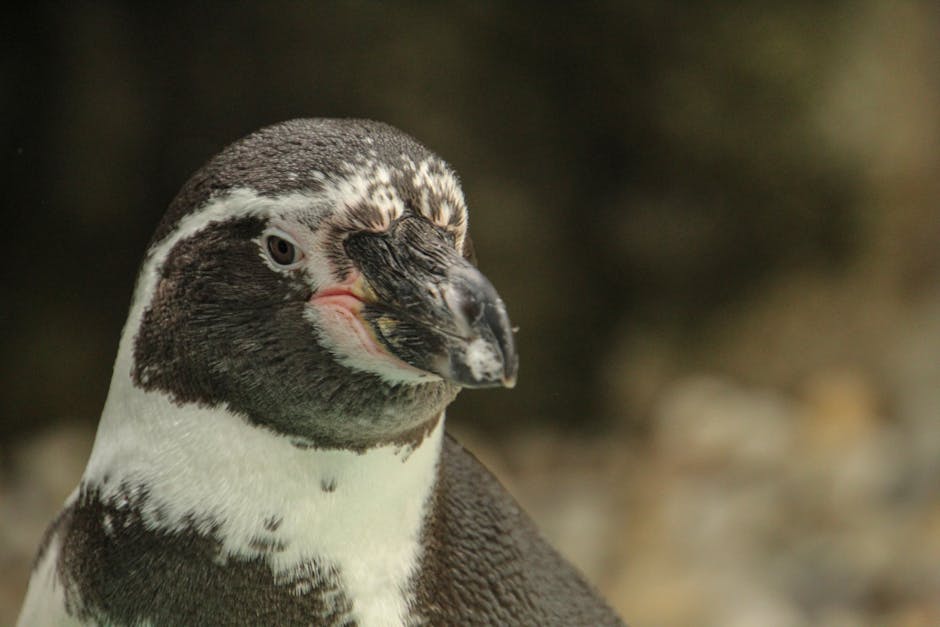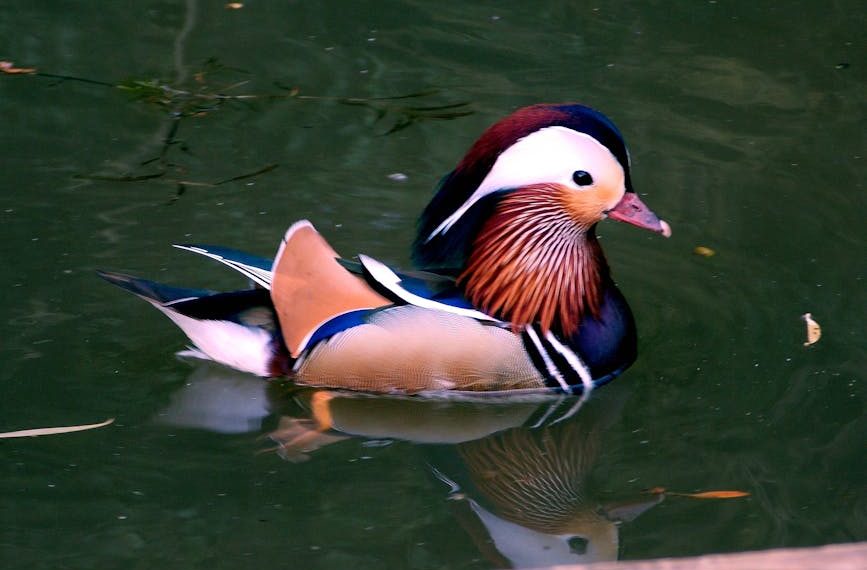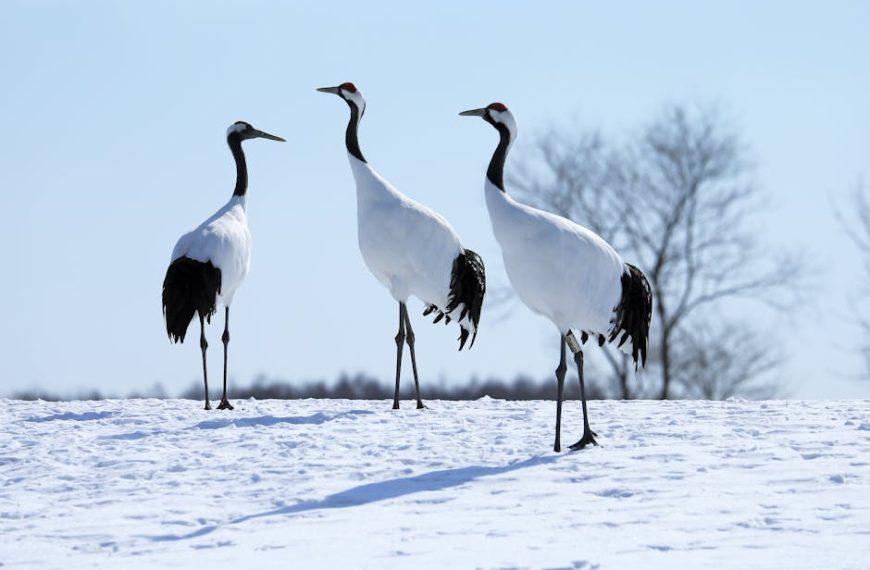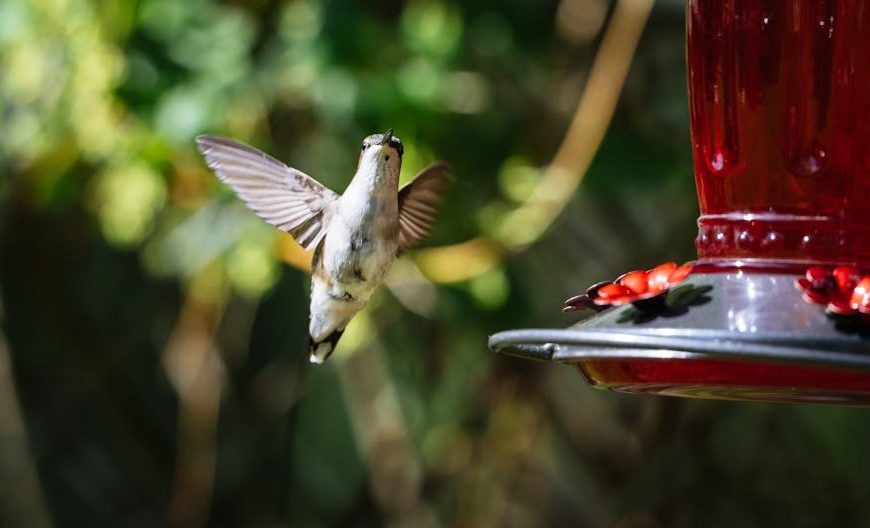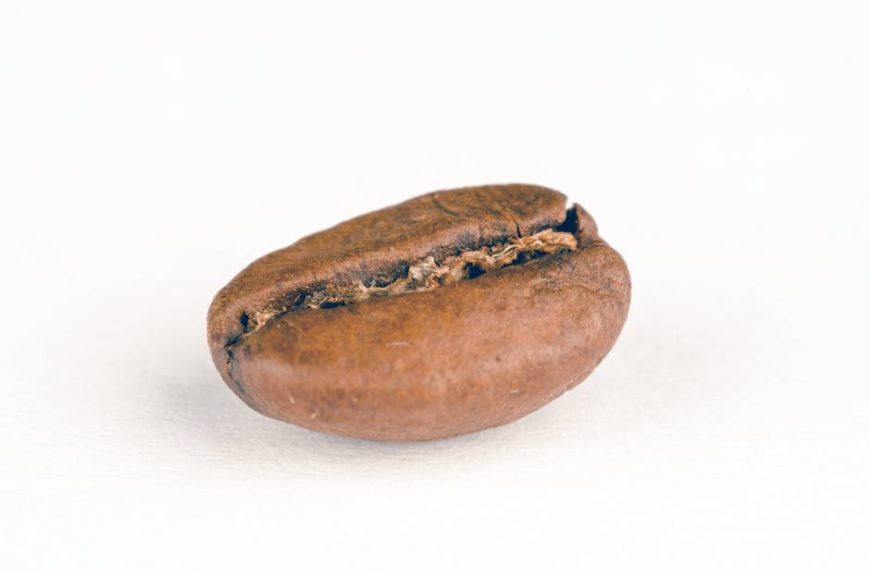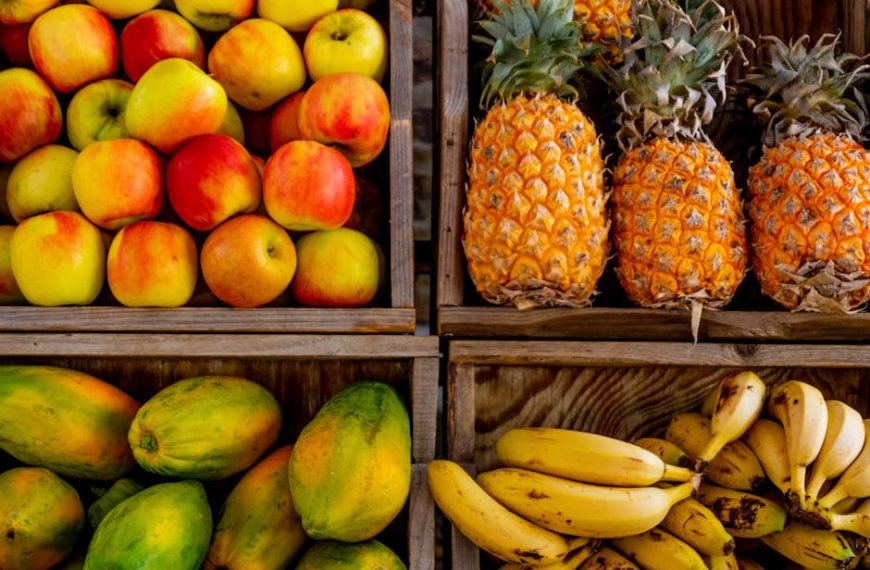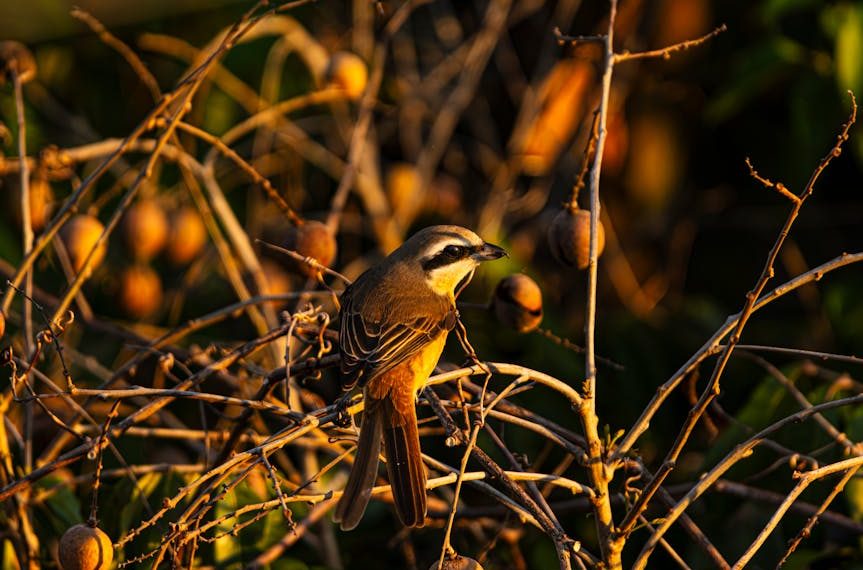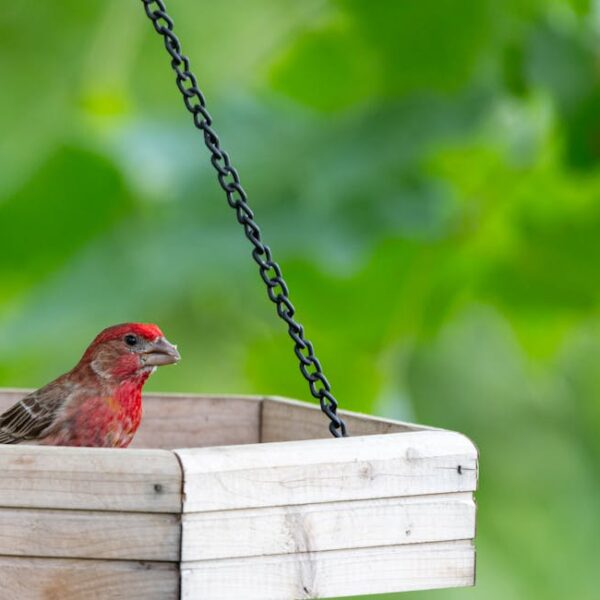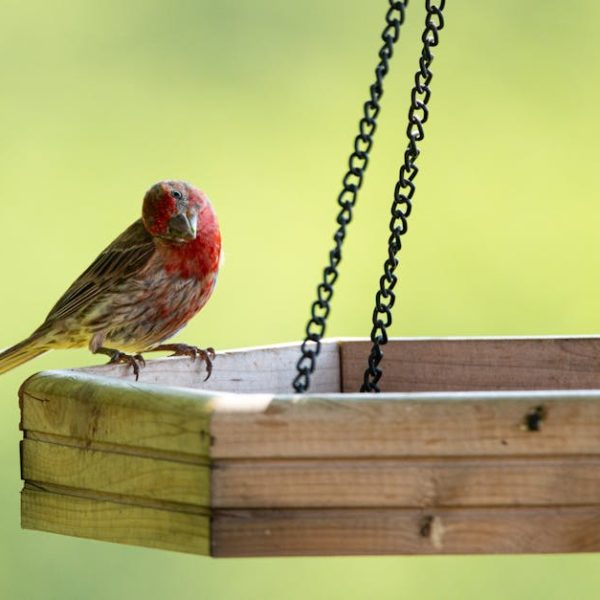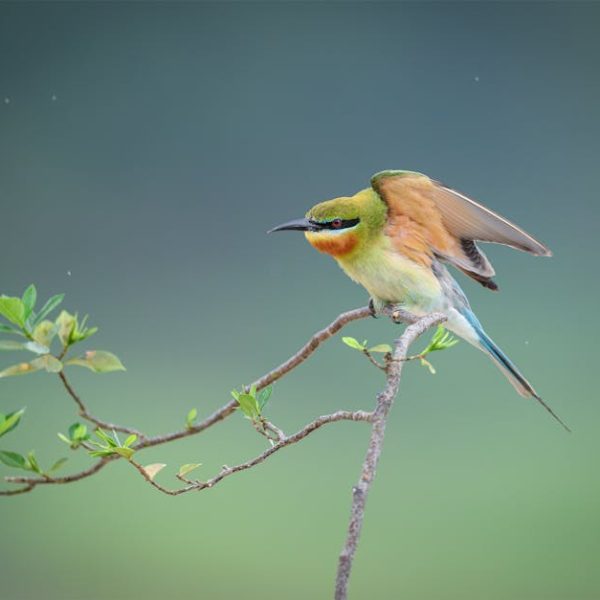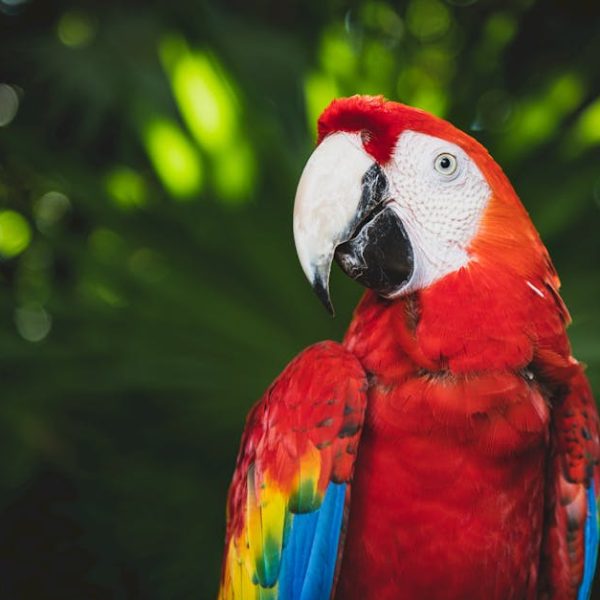Do birds eat dog poop? If you are an avid bird enthusiast or pet owner, you may have asked yourself this question. This article aims to provide insight into this curious behavior, addressing its causes, implications, and how to dissuade it, offering a comprehensive outlook into the often surprising world of avian diets.
Understanding Bird Diets and Their Characteristics
Birds, captivators of the sky, have diets as varied as their species. Generally, their diet consists of seeds, insects, fruits, and nectar. However, some species are known for their unconventional eating habits.
Vultures, for instance, thrive on carcasses, consuming nutrient-rich carrion that other species shy away from. Flamingoes filter-feed on brine shrimp and blue-green algae, their diet responsible for their iconic pink coloration.
Understanding bird diets can provide insights into their behavior and help enhance their care, especially for bird caretakers. Feed them a well-rounded diet of seeds, nuts, and fruits for pet birds, and always ensure their water is fresh. It’s best to avoid feeding birds processed human foods—these often contain salts, sugars, and preservatives that can harm them.
The Coprophagy Phenomenon: Birds That Eat Feces
Coprophagy, or the consumption of feces, is a behavior found in some bird species. While not the most appetizing subject, it is a natural occurrence. Coprophagy can aid birds in gaining nutrients not absorbed during the initial digestion.
Bird species such as the chicken and the New Zealand rock wren are known to participate in coprophagy. Some birds, like the cowbird—aptly named for its tendency to follow cattle and feed on available dung—have diets concentrating on droppings.
Despite its nutritional benefits, coprophagy carries dangers for birds, the feces potentially containing harmful bacteria, parasites, or toxins. Recognizing coprophagic birds can be challenging, but typically, these birds are found around livestock or domestic animals, taking advantage of plentiful dung supply.
Reasons Why Birds Might Consume Dog Poop
Dog poop, with its nutrient content, can attract birds, especially during severe weather conditions when food is scarce. It contains proteins and minimal amounts of undigested food particles—elements birds can utilize to supplement their typical diet.
Even so, the nutritional content of dog excrement is considerably less compared to regular bird foods, contributing less to their overall health. It would be like us trying to sustain ourselves on junk food—it’s okay in small doses, but not a sustainable long-term choice.
Impact of Dog Poop on Bird Health and Ecosystem
While dog poop might provide supplementary nutrients, the potential health risks it poses to birds cannot be overlooked. Bacteria, parasites, and toxins present in the feces can harm bird health. Signs of an unhealthy bird can include lack of energy, ruffled appearance, loss of appetite, among others.
Moreover, it’s not just the birds’ health at risk. Consistent consumption of dog feces can disrupt the local ecosystem, shifting the food chain dynamics, contributing to the spread of disease, and negatively impacting local wildlife populations. As pet owners, taking steps to responsibly dispose of dog poop can effectively limit these risks.
How to Discourage Birds from Eating Dog Poop
Preventing birds from feeding on dog poop requires a thoughtful approach. Ensure your yards and premises are consistently clean, reducing any attraction for birds in search of food. Here are some strategies that can help:
- Regular Scooping: This is the most straightforward way to discourage birds—isolate the dog poop as soon as the dog is done with its business. A clean yard is less attractive to birds looking for a quick meal.
- Dog Training: Train your dog to poop in a specific area that can be easily cleaned and is not bird-accessible.
- Bird-Friendly Alternatives: During periods of scarcity (like winter), provide bird-friendly food alternatives in your yard. Bird seeds, fruits, or suet can help birds sustain without resorting to unwanted sources of nourishment like dog poop.
Proper disposal of dog feces can significantly mitigate messes, odors, and disease risk, essential for a hygienic yard habited by dogs and frequented by birds. Utilizing pet waste compost bins or designated trash bins can help maintain cleanliness.
Remember, as surprising as it may be, birds munching on dog poop is an act of survival for them. As responsible residents of this shared environment, our actions can help ensure this curious behavior is kept to a minimum, safeguarding both the health of our feathered friends and the integrity of our ecosystems.
Key Takeaway:
- Birds’ diets can vary greatly: while seeds, insects, fruits, and nectar are common, some species opt for uncommon meals such as carcasses or even feces.
- The practice of consuming feces, or coprophagy, benefits some birds by providing them with unabsorbed nutrients from the initial digestion, with dog poop being a prevalent choice.
- However, dog poop poses a significant threat to bird health and ecosystems due to the bacteria, parasites, and toxins present within it.
- Preventing birds from feeding on dog poop can be achieved by maintaining a clean yard, adequately training dogs, and providing bird-friendly alternatives.
By staying vigilant about cleanliness and providing safe alternatives, we can protect our feathered friends and maintain the balance of our local ecosystems. Let their music fill the air, not their distress.
FAQs
Q: Do other animals engage in coprophagy, or is it unique to birds?
A: Coprophagy is not unique to birds. Several animals, including rodents and rabbits, also consume their feces to extract extra nutrients.
Q: If I have a bird feeder, will birds still be attracted to dog poop?
A: Having a bird feeder filled with suitable bird food significantly reduces the likelihood of birds resorting to dog poop, especially during times of food scarcity.
Q: How can I tell if a bird has been affected by consuming dog poop?
A: A bird affected by the harmful substances in dog poop may display signs like a lack of energy, a ruffled appearance, or a loss of appetite.
Q: Are there any bird species that are more likely to consume dog poop?
A: Birds that exhibit coprophagy behavior might be more likely to consume dog poop. However, many factors, such as availability and scarcity of other food sources, influence this behavior.
Q: Could dog poop-contaminated bird feeders pose a problem?
A: Yes, dog poop-contaminated bird feeders could harm the health of birds and potentially disrupt local ecosystems. Ensuring regular and thorough cleaning of bird feeders is crucial.
Please feel free to share this article with other pet owners and bird enthusiasts. We invite you to explore more posts on our website for further insights into the wonderful world of birds and pets.
